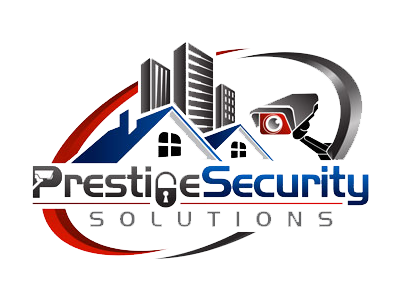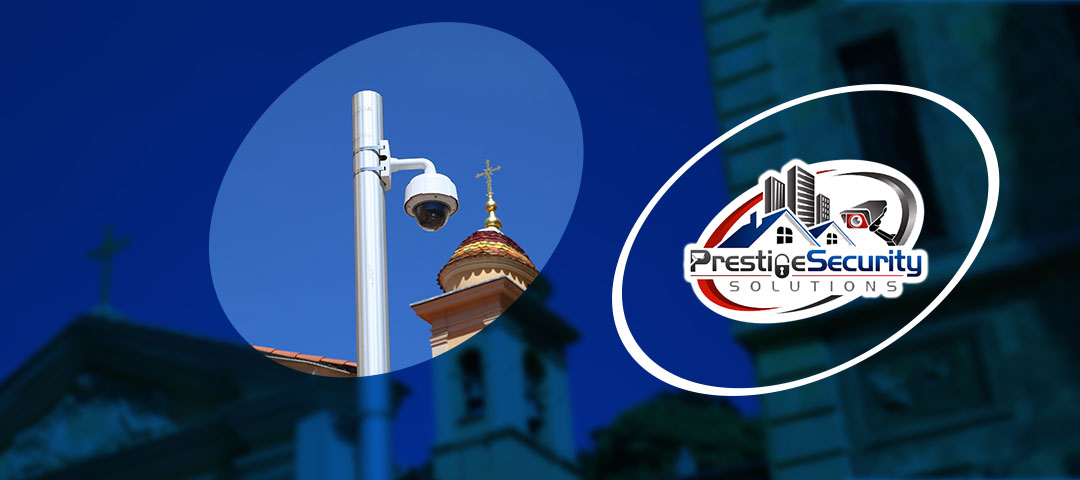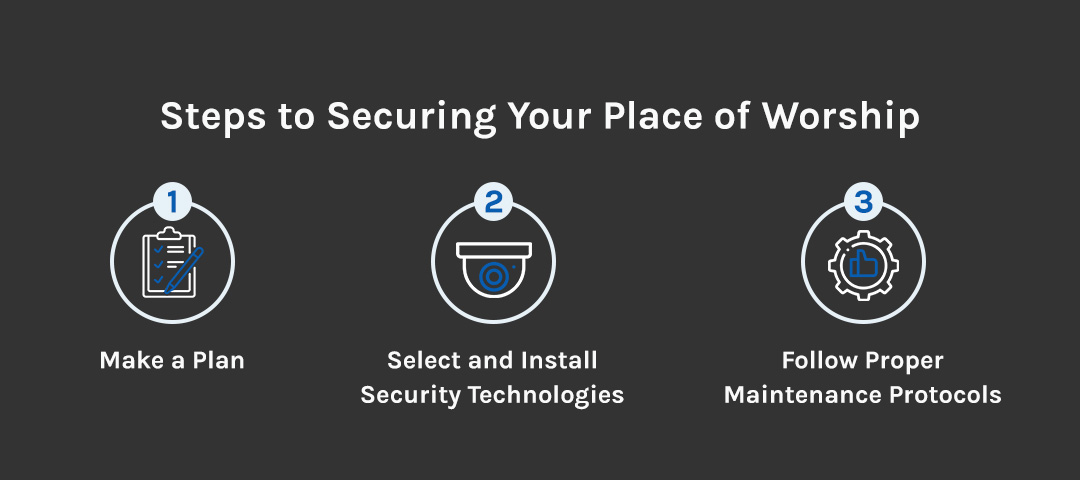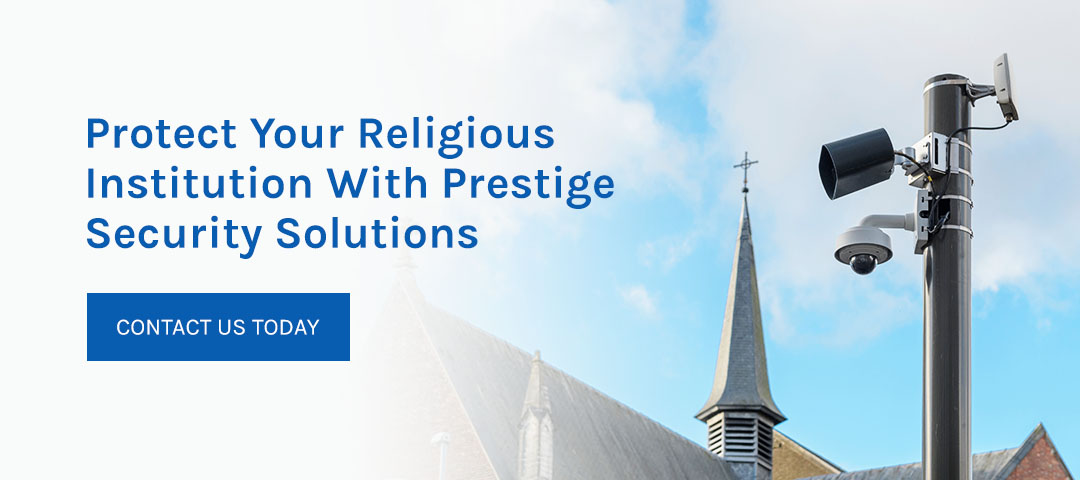Last Updated on November 17, 2023
Places of worship are supposed to be peaceful, safe spaces for prayer and communion with others. In recent years, though, religious leaders and security professionals across the country have observed alarming increases in crimes targeting their institutions.
Building comprehensive security solutions for places of worship is vital for protecting the faithful and ensuring their safety.
Why Is Security Necessary for Religious Institutions?
Due to the recent rise in hate crimes and other violent incidents, investing in church, mosque and synagogue security solutions is critical for keeping your congregants — and your building — safe. In 2018, for example, 11 worshippers tragically lost their lives in a shooting at the Tree of Life synagogue in Pittsburgh. And in May of 2022, thieves stole an irreplaceable gold tabernacle from the St. Augustine Roman Catholic church in Brooklyn, New York.
Religious leaders must carefully consider how best to improve security at synagogues, churches, mosques and other places of worship. This can be a difficult problem to address, though, when these institutions are supposed to be welcoming to everyone, including outsiders.
Steps to Securing Your Place of Worship
Fortunately, there are things you can do to increase security at your religious institution without accidentally excluding people. Here are the three most important steps you need to take.
1. Make a Plan
When you don’t know what to do in an emergency, it’s all too easy to panic and make the situation worse. Creating an emergency plan gives you a series of steps to follow, which can help you stay calm and respond quickly.
First, conduct a risk assessment to determine your institution’s risk profile, or the types of threats you’re most likely to face. Factors like location, community crime rates and local demographics will all play a role in this evaluation. Once you know what you’re dealing with, follow this process to begin creating your action plan:
- Survey the congregation: Look for congregation members who have training and experience in dealing with emergencies. For example, do you have any current or former EMTs, law enforcement officials, military service members or doctors? Their input will be invaluable for drafting a realistic action plan.
- Define emergency roles: Clearly outline who will be responsible for specific tasks and the expectations they should have when dealing with emergencies. For instance, you might assign one volunteer to call emergency services while a worship leader takes charge of the congregation.
- Establish door policies: How will you keep threats out without being unwelcoming to people in the greater community? You could lock all side doors once the service begins, for example, and station volunteers nearby to monitor them. You could also install door sensors or access control systems to keep track of entries and exits.
- Create lockdown procedures: If you end up in a situation where you need to lock the entrances, such as an active shooter incident, a clear lockdown process will help you protect everyone inside from the threat. Your process may also include instructions for when to lock individual doors in order to restrict access to specific parts of the building.
While creating your plan, hold security meetings with your congregation. Your community can use this opportunity to voice any suggestions and concerns they have, which will help you ensure they have peace of mind.
2. Select and Install Security Technologies
A well-designed system consisting of advanced technologies and reliable security personnel will make it much easier to protect your congregation and property from harm. Some key components of a comprehensive church security system include:
- Security cameras: For churches, synagogues and mosques, an internet-connected video surveillance system is an excellent tool for deterring bad actors. If an incident does take place, authorities can use the footage to ensure a fair investigation. Plus, integration with access control systems and alarm devices can notify you and your security provider so you can address the situation right away.
- Access control systems: An access control system replaces traditional locks with digital ones to ensure that only those with the proper permissions can enter a space. This kind of technology is especially helpful for organizations that use multiple buildings — such as schools, social halls and chapels — because it reduces the need for staff to be physically present in buildings when they don’t need to be.
- Alarm systems: Whether you’re protecting a mosque or a church, alarm systems with advanced sensors and security features will alert you and your security provider if someone tries to break in, or if it detects dangerous environmental conditions like elevated carbon monoxide levels. This notification will help you ensure you can respond quickly and minimize the damage as much as possible.
If you’re evaluating which technologies to install, it can always help to get expert advice. Find a security vendor who will conduct a thorough walkthrough of your property — they can help you identify your weak points and recommend the most appropriate solutions.
You’ll also want to make sure your provider offers everything you need in a comprehensive solution. Working with only one vendor helps cut costs and ensures every piece of your system works well together, increasing your chances of creating an effective system for deterring and responding to crime.
3. Follow Proper Maintenance Protocols
Your security system is only as good as the condition it’s in. Preventive maintenance is essential for identifying potential issues with your equipment before they can turn into dangerous vulnerabilities.
Regularly test and examine your security infrastructure to ensure everything works like it should. An annual inspection is usually sufficient for most systems, but you can always check more frequently if you’d prefer.
Additionally, conduct regular security training with staff and volunteers to keep everyone on the same page. Newcomers to the team should receive this training as soon as they begin their service, regardless of their role, and again at an annual session to refresh their memory.
Protect Your Religious Institution With Prestige Security Solutions
Do you need a solution for your mosque, temple, synagogue or church? Security systems from Prestige may be what you need to defend it from harm. When you work with us, we’ll assess your place of worship to identify key vulnerabilities and offer helpful recommendations for where our services can best help you.
Once you’ve installed your system, our team will be monitoring your property round the clock — we’ll receive an alert notifying us if something does happen, and we’ll be in touch right away to make sure you’re okay. We’ll even call emergency services for you so you can focus on keeping everyone safe.
If you’re ready to get started, we’re here for you. Contact us today for more information about our services.




Recent Comments